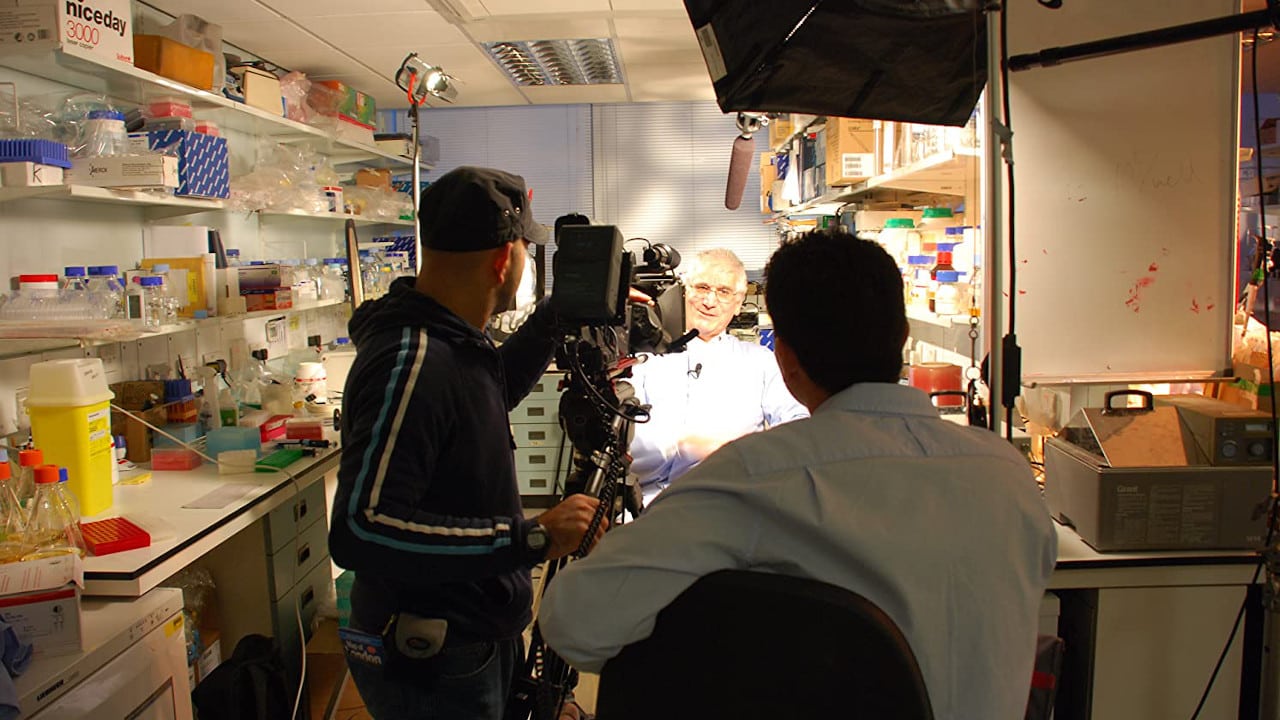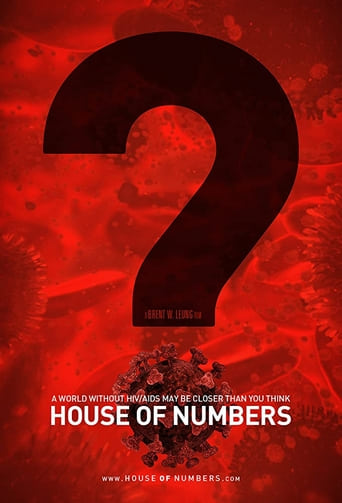

That was an excellent one.
... View MoreSome things I liked some I did not.
... View MoreWatching it is like watching the spectacle of a class clown at their best: you laugh at their jokes, instigate their defiance, and "ooooh" when they get in trouble.
... View MoreBlistering performances.
... View MoreThis is urgent, if you have HIV/AIDS go to the doctor quick and get treated! Still don't believe me and want to brush my review off, then listen. In this documentary a girl named Christine Maggiore is interviewed and used as a talking point. She made her and her child not go any treatment of HIV, and unfortunately they both died. Of HIV related diseases. If you still don't believe me, then fine in the documentary they talk about the South African leader Thabo Mbeki who worked with HIV denialists and then started working to stop HIV treatment in South Africa, and when all treatment stopped things happened. Of course in the documentary they don't tell you what happened, but what happened was over 300,000 people died of HIV related deaths. In conclusion, this documentary promotes people killing themselves and has proven deadly. And if you don't believe it, then don't believe it, but I have a few questions and this will close out my argument: If someone made a movie denying cancer, saying that it had nothing to do with the deaths and was all made up. Then how would you feel? Would you believe it? Would you tell others or force others to follow this cancer denying documentary? And last of all, Would you follow it if you got told you had cancer? Thank you good night.
... View MoreThis documentary can be summed up in one word: controversial. Although some justifiable criticisms have been made of it, if the people who made it and those who appear in it - particularly Peter Duesberg - are not being entirely honest, they are far from the only ones.In fact, I interviewed Duesberg last year, and I have to say I found him 100% sincere. That doesn't mean he is right, but the principal contentions of this film have yet to be refuted. Let us for the moment ignore the existence or non-existence of HIV, what can we say for certain?Not everybody is equally at risk. AIDS is not an epidemic, at least not in the West. There are no universal criteria; if you have influenza in London, you have influenza everywhere else. The same cannot be said for AIDS or HIV.The pathology of AIDS is strikingly different in different parts of the world. And, for all the countless billions spent on research, we are no nearer to finding a cure now than we were back in the 1980s.Having said that, AIDS has been and continues to be big business, including for the condom industry; incidentally, condoms do more to spread sexual diseases than to protect against them due to something called risk compensation behaviour, which is never mentioned by either the condom or the AIDS industries.Another big name who appears herein is Nobel Prize winner Kary Mullis. It is, or should be clear, whatever else they are, that so-called AIDS denialists are not to be classed with Creationists must less Flat Earthers, though you wouldn't think so if you listened to the AIDS establishment.
... View MoreAll documentaries serves as possible tools of manipulation and I see many thoughts flying around about this one but at the end of the day what it does show is that many key scientists in the HIV and AIDS world clearly have very different opinions about what they are dealing with. We live in a world where we want to put things into simple boxes and give them an easy heading. Life is rarely like that and what this documentary does is makes the viewer want to know more. I don't think anyone watching this doc comes away thinking they now have answers they didn't have at the beginning, just more questions and thus less likely to just take any information put in front of them as fact.People no doubt will get into fighting matches over this doc but I found the diversity of idea's within it to be fascinating. To hear any professional in the field of HIV say that due to differences in testing you can be HIV positive in one country and negative in another is fascinating. If this doc opens up more debate that leads to a clearer picture then that's great. I don't imagine the audience of this doc are stupid enough after watching to suddenly throw away the condoms. This doc really kicked me up the ass to find out more, a pretty great attribute if you ask me.
... View MoreBrent Leung has produced a masterful film. In just 85 minutes,House of Numbers reveals the double-talk, inept science, fabricated statistics, heinously poisonous drugs, meaningless "HIV" tests, and lurid insinuations about African sexuality that are staples of the HIV-causes- AIDS orthodoxy.It is an infuriating expose of the well-coiffed, lavishly paid, arrogant but ever-defensive clowns whose careers and bank accounts have benefited so handsomely from promoting a flawed and deceptive set of theories about what is making people sick, especially in Africa.The edginess and sarcasm we see from such leading AIDS "luminaries" as Robert Gallo, David Baltimore, Anthony Fauci, John P. Moore, and Nancy Padian confirms anew that their vaunted "house of numbers" is a shabby, squalid edifice of ill-repute.Be sure to watch the calm, careful, and accurate comments by Liam Scheff, Rian Malan, Neville Hodgkinson and Christian Fiala in the film.You will then quickly realize why the dogmatists of the HIV/AIDS orthodoxy are trembling with righteous rage and indignation at the film. And with good reason - it shows that those faux emperors of the HIV/AIDS establishment have no clothes!Congrats to Brent Leung for producing a superb piece of icon-smashing and truth-telling cinema that has already garnered numerous awards at film festivals.
... View More